Home / Albums / People / Famous People 221

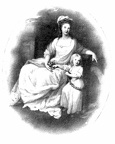 Carolina of Austria
Carolina of Austria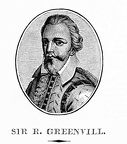 Sir Richard Greenvill
Sir Richard Greenvill Theodor Mommsen
Theodor Mommsen John Harvey Kellogg
John Harvey Kellogg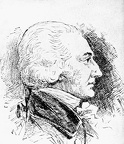 Nathan Read
Nathan Read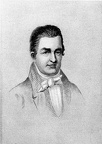 Oliver Evans
Oliver Evans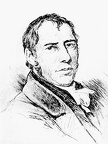 Richard Trevithick
Richard Trevithick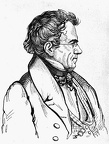 Thomas Blanchard
Thomas Blanchard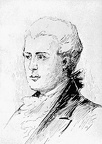 William Murdock
William Murdock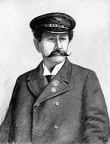 Carl Benz
Carl Benz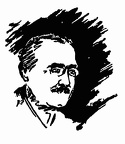 Pierre Mille
Pierre Mille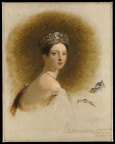 Queen Victoria
Queen Victoria Lyman Trumbull
Lyman Trumbull Alexander H. Stephens
Alexander H. Stephens Edwin M. Stanton
Edwin M. Stanton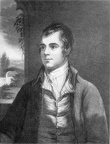 Robert Burns
Robert Burns John Quincy Adams
John Quincy Adams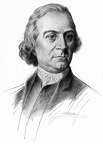 Samuel Adams
Samuel Adams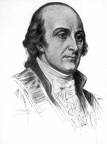 John Jay
John Jay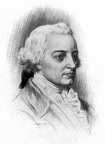 John Hancock
John Hancock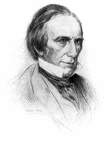 Henry Clay
Henry Clay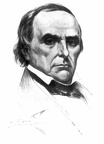 Daniel Webster
Daniel Webster George Washington
George Washington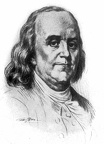 Benjamin Franklin
Benjamin Franklin Alexander Hamilton
Alexander Hamilton Thomas Jefferson
Thomas Jefferson William H. Seward
William H. Seward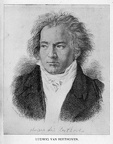 Ludwig van Beethoven
Ludwig van Beethoven Joh. Sebastian Bach, Geo. Fred. Handel
Joh. Sebastian Bach, Geo. Fred. Handel Joseph Haydn, Wolfgang A. Mozart
Joseph Haydn, Wolfgang A. Mozart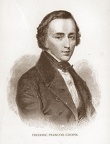 Frederic Francois Chopin
Frederic Francois Chopin Franz Schubert, Felix Mendelssohn
Franz Schubert, Felix Mendelssohn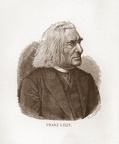 Franz Liszt
Franz Liszt Robert Schumann
Robert Schumann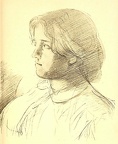 Miss Sara Allgood
Miss Sara Allgood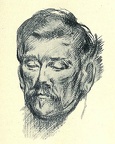 J. M. Synge
J. M. Synge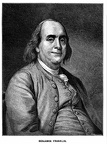 Benjamin Franklin
Benjamin Franklin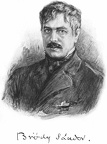 Bródy Sándor
Bródy Sándor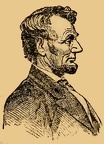 Abraham Lincoln
Abraham Lincoln Bradlaugh
Bradlaugh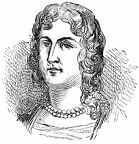 Mrs Hemans
Mrs Hemans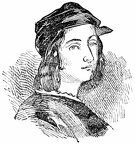 Raffaelle
Raffaelle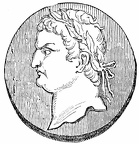 Vespasian
Vespasian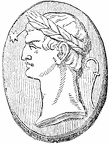 Julius Caesar
Julius Caesar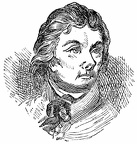 Kosciusko
Kosciusko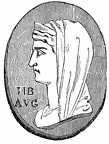 Livia
Livia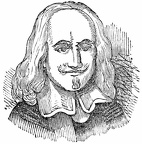 Hobbes
Hobbes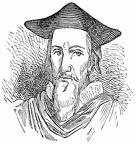 Hooker
Hooker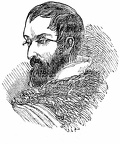 Correggio
Correggio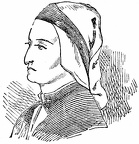 Dante
Dante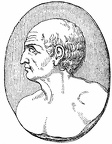 Cato the censor
Cato the censor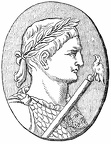 Constantine
Constantine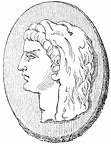 Alexander the Great
Alexander the Great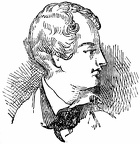 Byron
Byron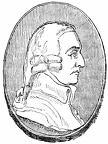 Adam Smith
Adam Smith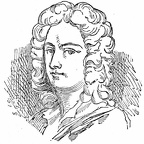 Addison
Addison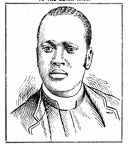 J C Coleman
J C Coleman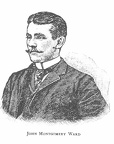 John Montgomery Ward
John Montgomery Ward John Gutenberg
John Gutenberg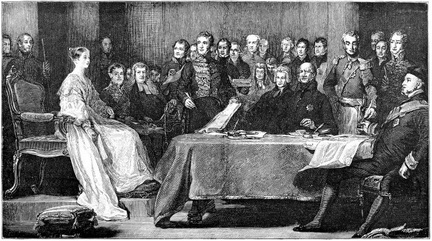 The Queens first council - Kensington Palace June 20 1837
The Queens first council - Kensington Palace June 20 1837



